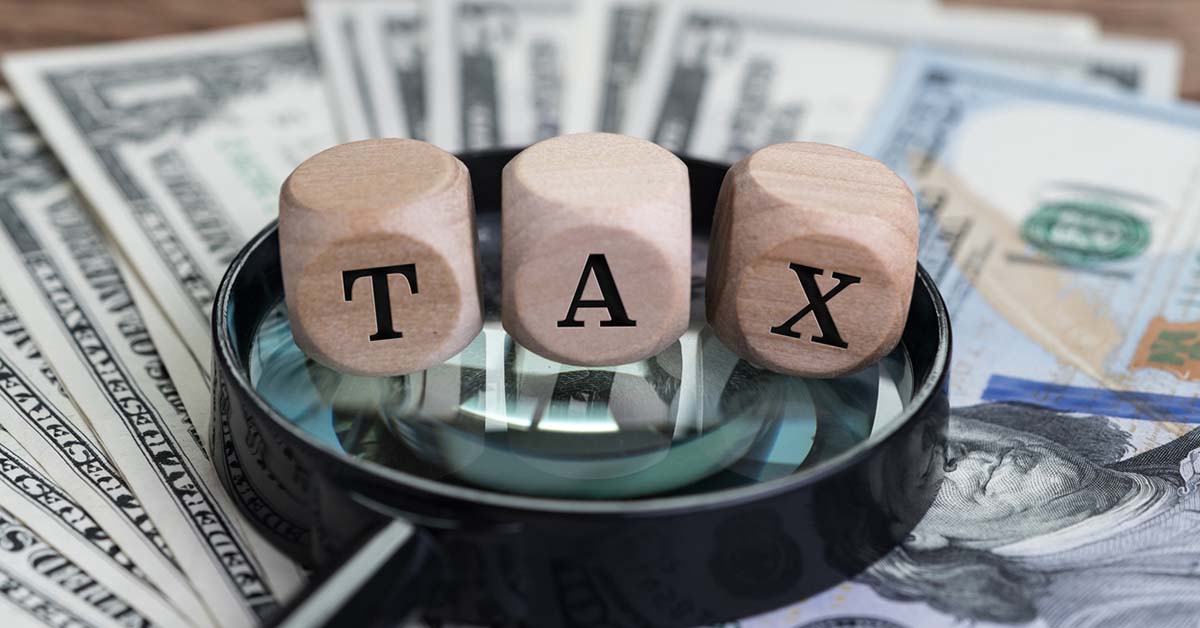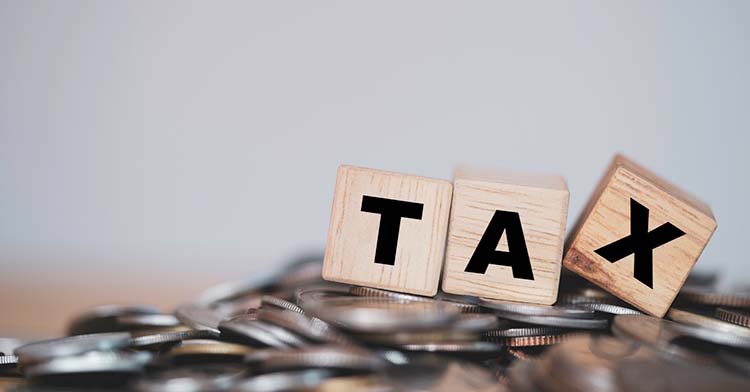Page 16 151 - 160 of 242
What is the Capital Gains Tax Rate on Jewelry?

Picture this. You own a fine piece of jewelry, a ring. Perhaps this ring has been in your family for a while. Your insurance company valued the ring at $4,000.
What is the Capital Gains Tax Rate on Collectibles?

When discussing investments and capital gains, the focus is typically on traditional investments (bonds, cash, and stocks) or alternative investments (real estate, hedge funds, commodities, or private equities).
Is Capital Gains Yield (CGY) The Same As Dividend Yield?

As an investor, one of the things that drives your yes/no decisions about whether to acquire and hold a particular asset is the return on that investment, based on what it costs to buy it. In other words, yield. Also known as rate of return, yield is stated as a percentage of the amount you invested in that asset.
Do You Pay Capital Gains On Restricted Stock Units (RSUS)?

As an employee, you might receive various forms of compensation. These likely include wages or salaries, various forms of insurance, bonuses, paid time off, and pension plans.
Is Capital Gains Tax the Same as Inheritance Tax?

It seems as though just about everything in the United States is subject to some sort of tax. As an American citizen, you’re taxed on wages and earnings, the purchase of goods and services, and property ownership.
Do Oil Royalties Qualify for Capital Gains Treatment?

Owning rights to oil means you may receive royalties from sales of the oil obtained from a reserve. While you won’t have to pay capital gains on royalties you receive from your mineral rights, you may have to pay them if you sell your rights for a profit.
Is There a Lifetime Limit on Capital Gains?

Capital gains are increases in the value of an asset relative to its basis. The capital gains tax is an assessment on that gain that applies when the asset is sold. So while an investor may watch and enjoy the appreciation in a capital asset, the tax doesn’t apply until they “realize” the gain—which occurs when they dispose of the investment.
Are Capital Gains and Income Tax the Same?

You can save a lot of time and effort at tax time by understanding the different types of income you’ll have to report on your Form 1040.
What is Capital Gains Deferral?

Selling a real estate investment property can be a lucrative wealth-building opportunity. However, you should consider how capital gains tax may affect your decisions when selling property. Fortunately, a few strategies are available for deferring or avoiding capital gains taxes.
Are Capital Gains Forgiven at Death?

Capital gains are a complex topic governed by an array of rules and exceptions. Knowing how to navigate the protocols and options is vital for investors seeking to manage their taxes. Capital gains are the increase in value of a capital asset, which can be sorted into short-term and long-term.
Page 16 151 - 160 of 242


